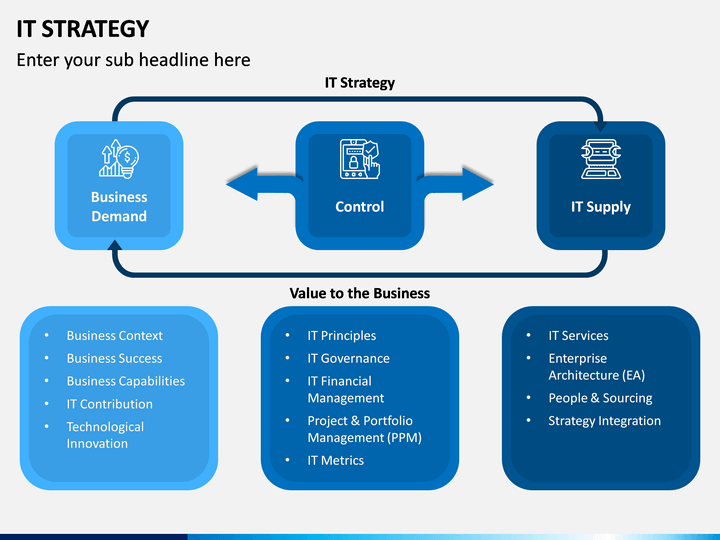The Main Principles Of Cybersecurity in the Age of Remote Work: Best Practices for Business Owners

Cybersecurity in the Age of Remote Work: Best Practices for Business Owners
The COVID-19 pandemic has transformed our technique of working, with additional and additional employees working from another location from house. While A Reliable Source has its advantages, it likewise postures substantial cybersecurity risks to providers. Along with a increasing variety of cyberattacks targeting remote control workers, company managers need to have to take measures to protect their data and units.

Below are some finest techniques for service managers to enrich cybersecurity in the grow older of remote control work:
1. Implement Strong Password Policies
Passwords are the first product line of self defense versus cyberattacks. All employees need to be required to utilize solid security passwords that include a mix of letters, amounts, and symbols. Security passwords must additionally be changed regularly and not shared with others.
2. Use Multi-Factor Verification
Multi-factor authentication (MFA) offers an added layer of safety and security beyond just security passwords. MFA calls for customers to provide two or more types of identity before accessing a system or application. This might consist of something they know (like a code), something they have (like a smart memory card), or something they are (like a finger print).
3. Set up Security Software on All Devices
All devices used by distant laborers should have up-to-date antivirus program installed on them. This can easily aid spot and avoid malware infections that can easily take delicate record or damages bodies.
4. Safeguard Home Networks
Workers working remotely have to guarantee that their property networks are secure by using security procedures such as WPA2 or WPA3. They must likewise change their nonpayment router security passwords and disable remote control control component.
5. Educate Workers concerning Cybersecurity
Organization proprietors ought to create awareness programs that educate employees regarding cybersecurity dangers and best strategies for staying clear of them, such as not opening suspicious emails or clicking on links coming from unidentified sources.
6. Use Virtual Private Networks (VPNs)
VPNs produce encrypted relationships between remote laborers' gadgets and provider networks, giving safe get access to to delicate record while protecting against unwarranted get access to.
7. Limit Access to Sensitive Data
Business proprietors should limit gain access to to sensitive data by executing role-based access control (RBAC). This guarantees that just authorized staffs can access delicate data, decreasing the danger of accidental or deliberate record water leaks.
8. Conduct Regular Security Audits
Normal surveillance analysis can assist recognize susceptabilities in a provider's systems and processes. Business proprietors need to administer normal protection review to make certain that they remain secured versus brand-new and growing risks.
9. Have a Response Plan in Place
Even with the ideal cybersecurity practices in place, cyberattacks can easily still develop. Business proprietors ought to possess a action program in spot that details what steps to take if a cyberattack happens, including who to connect with and how to alleviate the damages.
10. Backup Data Routinely
Regularly backing up information is vital for defending against information reduction created by cyberattacks, device breakdowns, or organic calamities. Service proprietors should ensure that all essential data is backed up frequently and stashed tightly offsite.
In verdict, distant job has become an integral component of our lives due to the pandemic; consequently, it's critical for company managers to prioritize cybersecurity action for their business' protection. Through applying these ten finest techniques, providers can easily decrease their risk of cyberattacks and shield their resources coming from potential breaches.
